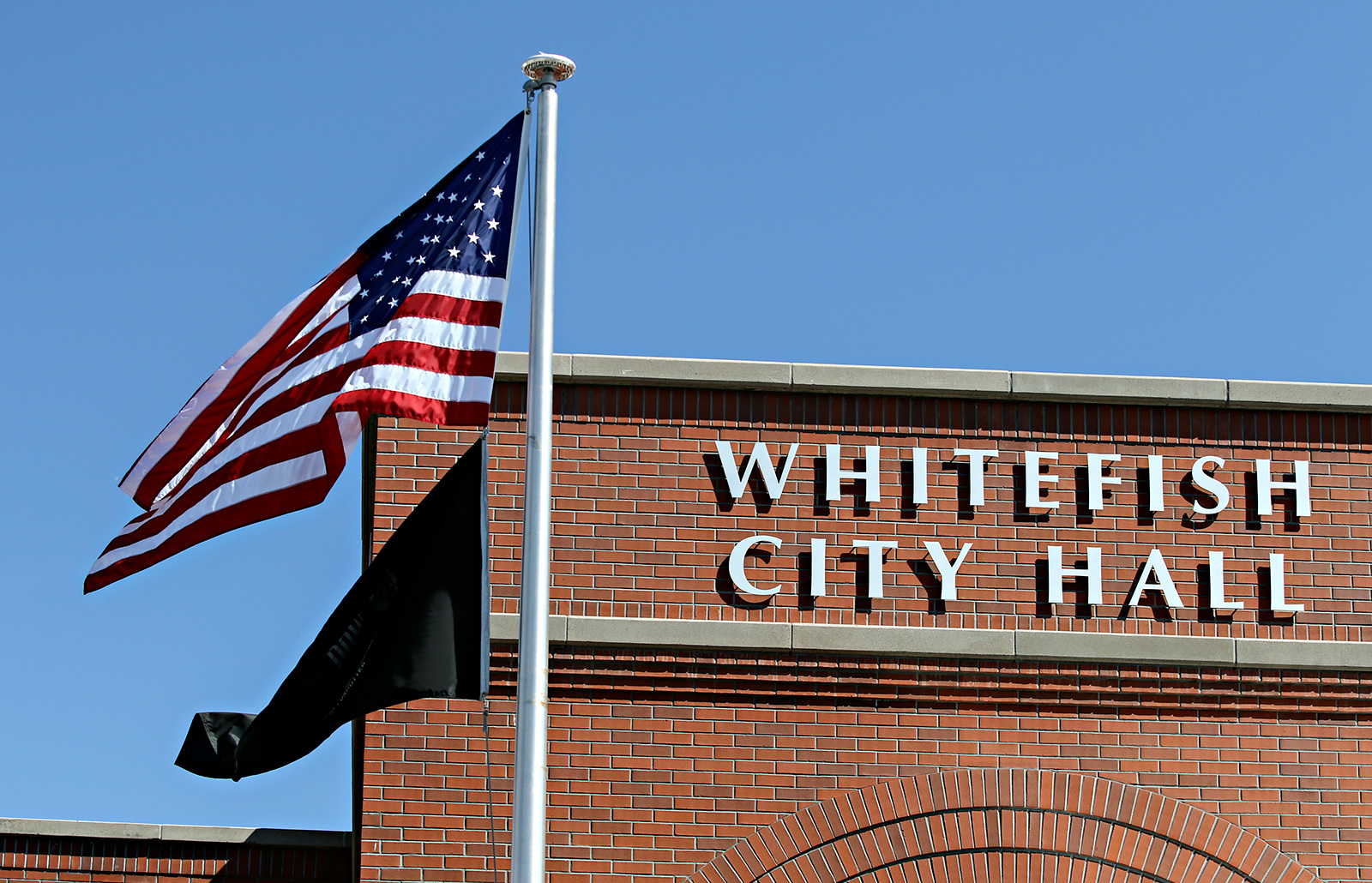Property Tax Increase Included in City Council-Approved Whitefish Budget
An increase in property taxes had been forecast in a preliminary budget approved earlier in the summer, with city administrators attributing the change to a combination of factors, including an increase in taxable value
By Mike Kordenbrock
At its Aug. 19 meeting, the Whitefish City Council unanimously approved a budget for the 2025 fiscal year, including an increase in property taxes that provides the city with a 21.31% increase in property tax revenue.
An increase in property taxes had been forecast in a preliminary budget approved earlier in the summer, with City Manager Dana Smith attributing the change to a combination of factors.
The end result is an 8.75 mill property tax increase, which could amount to a $35.45 increase on a residential property with a market value of $300,000. For residential properties valued at $600,000 and $800,000, that increase amounts to $70.91 and $94.54.
The new balanced budget totals $45 million in expenditures and $8.3 million in interfund transfers for a total appropriated budget of $53.5 million. Expenditures are expected to increase about 7.5%, largely due to increasing personnel costs and an increase in capital expenditure costs, according to a budget transmittal letter provided to the council. The new budget is projected to end with a 40.14% fund balance for property tax-supported funds, which Smith says is above the 20% to 25% recommended level.
Among the factors Smith cited is an increase in taxable value due to newly taxable properties, which increased the value of a single mill from around $79,000 to roughly $81,000.
“You may hear that other communities are struggling with their taxable values that they received. Kalispell, I talked to their city manager, he feels that their increase was within where they thought it would be,” Smith said. “I feel like ours was as well, but some communities are seeing a decrease in their taxable value this year, even with newly taxable property because the state did make changes last year after the certified taxable value was issued regarding townhomes. So, Bozeman, Gallatin County, Billings, you name it, they all have seen decreases. We’re lucky we didn’t face that. More to come there, I’m sure. The state was not able to get to all the newly taxable property, like they did to us a few years ago, but they’re on track now.”
Additionally, Smith’s budget, as presented to the council, cites the city’s efforts to address employee wages that are lagging relative to the market, which, combined with increasing operating costs, accounts for 6.23 mills in the budget. Some of the mills set aside for those costs will go towards ensuring city employees are being paid at least 90% of their market rate wage. Most city employees will receive an 8.5% raise in the coming year due to a 5% market rate adjustment, a 1.5% cost of living adjustment and a 2% step for longevity on the city pay matrix.
The 10-year local government review, which 62% of Whitefish voters supported at the ballot box earlier this year, contributed another .27 mills worth of costs to the new budget.
A decrease in property tax relief from the city’s resort tax contributed an increase of 2.52 mills to the property taxes the city will be collecting in the coming fiscal year. Resort tax collections came up $44,682 short of expectations in the 2024 fiscal year, and Smith’s budget forecasts a 5.67% or $144,643 decrease in the coming fiscal year. Despite that expected drop-off in revenue, the resort tax should account for $2.2 million in property tax relief, or a reduction of 28.13 mills, in the coming fiscal year.
The city also expects an increased cost of $3.1 million for the Capital Improvement Program, which finances improvements and expansions of infrastructure, facilities and equipment. Smith’s budget attributes that increase to the costs of the South Water Storage & Production project to increase water capacity and storage in south Whitefish, and resort tax-funded street projects.

“With the continued success in the City’s investment strategy and working with our local banking partners, we have secured a significant amount of additional revenues through projected investment earnings,” Smith wrote in her budget. “However, just as interest rates increased rapidly over the past few years, future years may not see such a windfall and any significant increase in the rate of return will require property tax increases in future years.”
The city is also forecasting a roughly $1 million decrease in revenues and other financing sources, with a significant portion of that decrease attributed to the Whitefish Housing Authority having not applied for a CDBG Grant Fund. Smith’s budget transmittal letter says that the absence of that grant “not only reduced revenue, but also expenditures at the same rate of $400,000.” The city is also expecting a decrease in the street fund revenue because 2024 saw the city receive a one-time distribution of state funds for road maintenance.